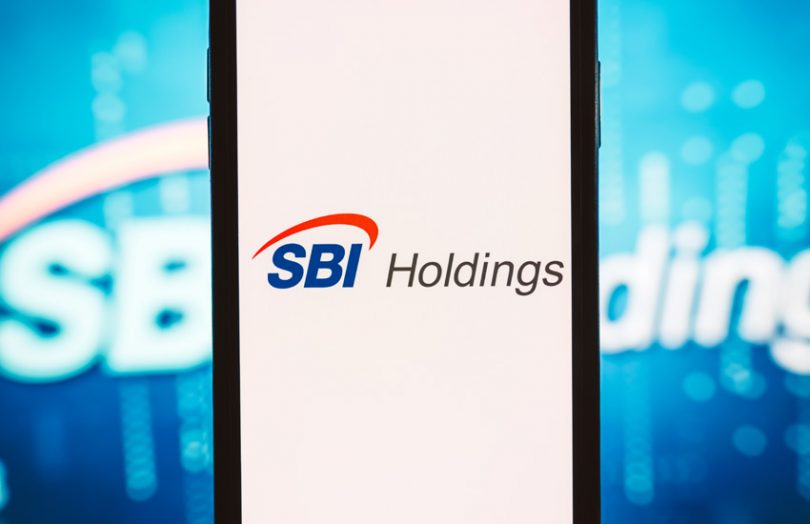It’s no secret that Japan’s SBI Group is deeply engaged in the cryptocurrency, blockchain and digital assets space. During its annual results presentation on Wednesday, CEO Yoshitaka Kitao, outlined the big picture, which includes establishing a digital asset bank in Japan and overseas.
Mr Kitao stated that for digital assets, “we’d like to ensure that we develop this new area and become the dominant number one in creating an ecosystem.” Many of its major activities have already been announced, but he added some details.
Creating a global secondary market for security tokens is a large part of the strategy and four pillars have already been outlined. These include a joint venture with the SIX Digital Exchange (SDX) in Singapore, which is expected to go into production in 2022. SBI is developing the Osaka Digital Exchange (ODX) with SMBC. And these two exchanges will link up to the Boerse Stuttgart Digital Exchange (BSDEX) in Germany, where SBI owns 10%, and the SIX Digital Exchange in Switzerland. The key is the links between these entities because security tokens will be globally traded.
One of the gaps in this picture is Stateside. While there was no direct reference to a U.S. secondary market, Mr Kitao mentioned that Sygnum, the Swiss and Singapore digital asset bank, is considering setting up a U.S. digital assets bank, which Mr Kitao supports. In February, SBI invested more than $10 million in Sygnum for a 4.95% stake, and together they have a blockchain investment fund in which Italy’s Azimut Group would also like to participate.
However, in the United States, Sygnum would be up against some deep-pocketed competitors. These include Paxos, which was recently awarded a license for a digital asset bank and raised $300 million at a $2.4 billion valuation.
Given SBI’s ambition to itself become a digital asset bank, Sygnum appears to be an obvious target. However, it depends on how fast Sygnum grows. As a parallel, in July 2020 SBI invested in cryptocurrency market maker B2C2, and ended up increasing its stake to more than 90% in less than six months. However, during that period B2C2 experience explosive growth.
SBI also stated it would be investing in other segments related to digital assets, including DeFi, Nonfungible Tokens (NFT) and CBDCs. While much of the action in DeFi is on Ethereum, given Ethereum’s high gas costs, it seems SBI will also be looking elsewhere, especially at DeFi on the Polkadot network.






